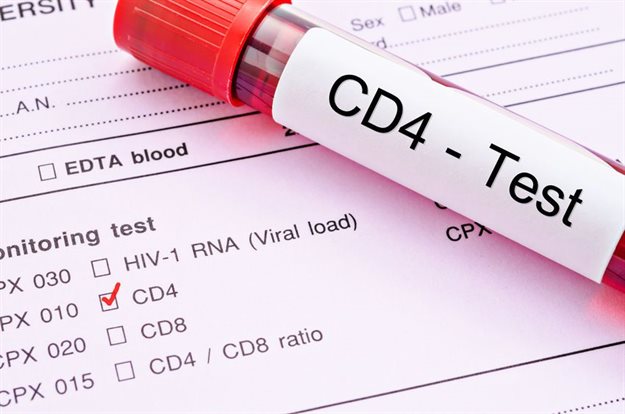
Top stories






More news


Marketing & Media
Ads are coming to AI. Does that really have to be such a bad thing?














South Africa, home to the largest seropositive population in the world, is not exempt from the impact of Covid-19 on the fight against HIV. “There has definitely been a shift from HIV to the coronavirus pandemic, from a prevention and treatment, but also a beating the stigma perspective,” says Ntombi Mahlaule, HIV subject-matter expert of youth empowerment and development at NPO Afrika Tikkun.
“Education efforts around the prevention of new infections have, for instance, slowed down. HIV seems to be no longer seen as the big issue it was five or 10 years ago, that whilst the virus continues to infect 240,000 people per year, claiming 71,000 lives in the process – 194 per day.”
While severe, this situation is a significant improvement compared to ten years ago. “To give you an idea, 2010 accounted for 410,000 new HIV infections and 140,000 deaths,” she says, noting that South has more to be proud of. “We have also reduced mother-to-child transmission rates to almost zero, whilst people infected with HIV live longer lives because they get treated sooner with better medication.”
It is because of these gains that it is vital HIV needs to continue to receive the attention it deserves, Mahlaule says. “Yes, we have achieved a lot, but we are not there yet. If we want to have conquered HIV by 2030, the deadline of the Sustainable Development Goals (SDGs), we need to up our game and realise that Covid-19 is not the only health crisis we have on our hands,” she says.
This will require ongoing prioritisation of investments into the development of a vaccine, better treatment options and more effective prevention solutions. “If we let our guard down now because of Covid-19, we risk undoing everything we have achieved over the past decade – jeopardising people’s lives and putting us years behind.”